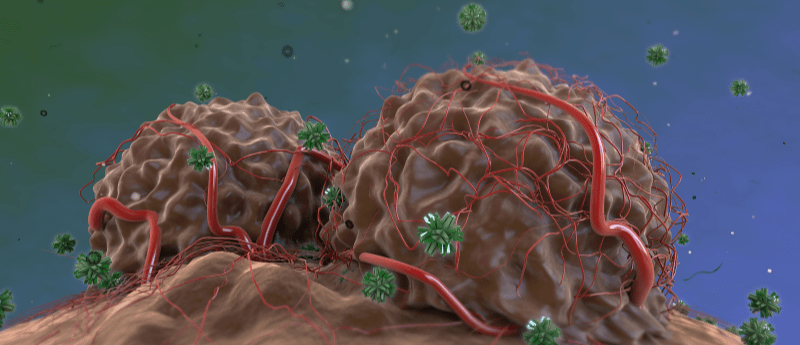The role of colorectal cancer plasticity in metastasis and treatment: an interview with Mirjana Efremova

In this interview, Mirjana Efremova (Medical University of Innsbruck, Austria) speaks to Megan Bryant, Journal Development Editor for Colorectal Cancer at the 4th International Cancer Conference at the CRICK Institute about her research into how colorectal cells adapt and change through plasticity.
Could you explain how cancer cell plasticity plays a role in the metastasis of colorectal cancer cells & their resistance to therapy?
In our research so far, we have identified putative pro-metastatic cells in colorectal cancer patient samples that we think are the cells that disseminate and metastasize in the liver. We also have uncovered gene regulatory networks that we think drive those cell states. Using spatial data, we have found specific immunosuppressive and stromal cells that mediate and sustain the pro-metastatic cells. We have now also established organoids and we are currently working on validating our findings with the goal of developing new therapeutic approaches.
Are there any notable differences in the mechanisms of cancer cell plasticity between colorectal cancer & other cancer types? How does this inform your research?
While we primarily focus on colorectal cancer, cancer cell plasticity can manifest in different ways in different cancers. Colorectal cancers have a cellular hierarchy resembling a healthy intestine, maintained by LGR5 expressing stem cells. However, both in healthy conditions and cancer, lineage tracing studies have revealed a high degree of plasticity. In a healthy intestine, upon tissue damage or ablation of the stem cells, differentiated cells can dedifferentiate into stem cells and repopulate the impaired stem-cell niches and regrow the cancer.





